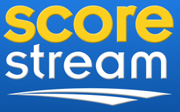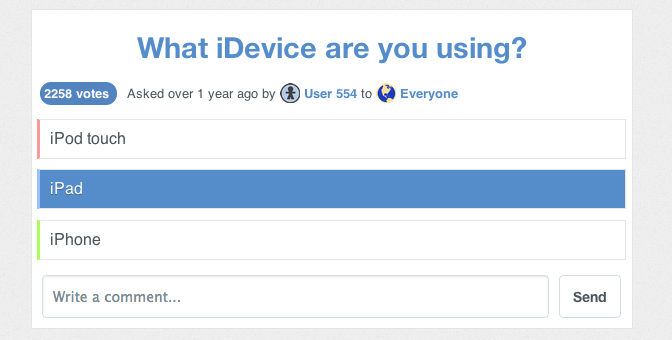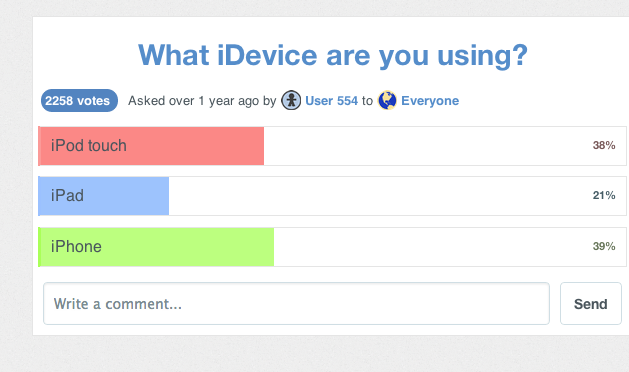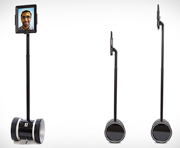 With the rise in online news sources and the decrease in old fashioned print journalists, most cities across the country don’t have a dedicated high school sports reporter. I remember back in the early 90’s growing up in the Baltimore area, the Sun and all the hyper local papers had one, if not a handful of full time reporters who’s beat it was to post the high school scores, details and results for track and field meets and anything that had to do with high school sports. As newspapers began cutting reporters, the high school beat drifted to the wayside.
With the rise in online news sources and the decrease in old fashioned print journalists, most cities across the country don’t have a dedicated high school sports reporter. I remember back in the early 90’s growing up in the Baltimore area, the Sun and all the hyper local papers had one, if not a handful of full time reporters who’s beat it was to post the high school scores, details and results for track and field meets and anything that had to do with high school sports. As newspapers began cutting reporters, the high school beat drifted to the wayside.
There are a handful of high school sports sites on the internet but all of them seem to lack any decent box scores, or results from previous games. I remember looking up a high school score on the Sunday after a Friday opening game and it still hadn’t been updated.
This is the pain that Derrick Oien was looking to solve when he founded ScoreStream, a San Diego startup dedicated to high school sports.
ScoreStream can be found in the iOS app store and allows users to update high school sports teams in real time. From there they can post to Twitter, Facebook and ScoreStream’s own platform. ScoreStream encourages users who are actually at the game to post updates to that teams scores as the games go on. Oien has also baked a system into the backend of the website that uses GPS coordinates to tell if the person reporting the score is actually at the game.
“We have a data base of high schools, colors, mascots and longitude and latitude, so we know if a user is posting from a game,” Oien told UT San Diego. “What we do on the back end for media companies is we look at the scores coming in and we look at where the user is. So I can verify where they are.”
It’s the crowdsourcing part of ScoreStream that sets the new startup apart from sites like MaxPreps and SportsNgin. Those two sites are used to feed scores to other media outlets but rely on the school itself or a regional person to report a bulk of scores at one time.
ScoreStream has already inked it’s first media partner. San Diego’s XX1090-AM uses the service to supply their high school sports scores to their website.
Not bad for a startup launched this past April.
Linkage:
Check out this interview at TechCocktail
Source: UT San Diego
Nibletz is the voice of startups “everywhere else” here are more startup stories from “everywhere else”

















